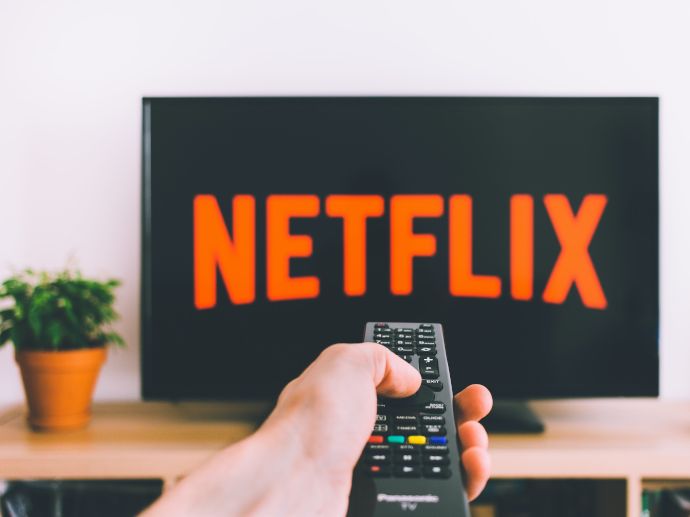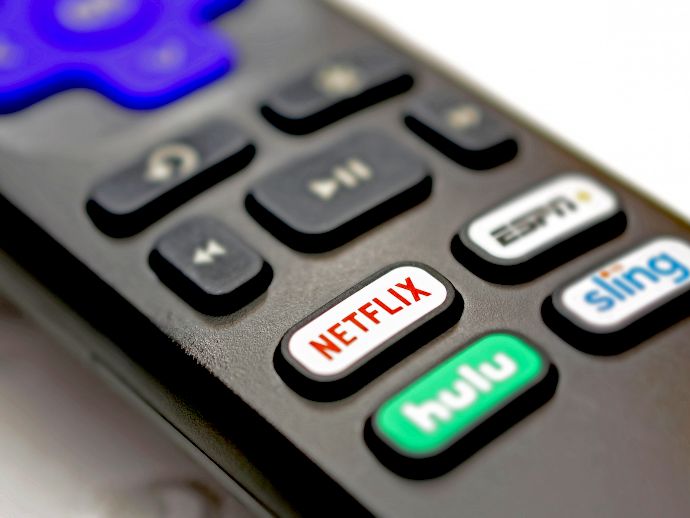Binge-watching has become a new addiction. A good show is basically a drug—once you start watching, it's hard to stop.
With streaming services like Netflix and Hulu, we can't help but binge-watch. When you don't have to wait for the next episode to come out, why not watch it all at once?
Binge-watching fulfills the satisfaction of finishing a show, but it comes with several downsides and consequences.
What Counts as Binge-Watching?

What's considered a binge-watching session?
Watching two or three hour-long episodes back-to-back can be OK. That's basically the same as watching a long movie, and as far as we know, there's nothing wrong with watching one long movie.
However, when you start watching four or more hour-long episodes of TV at a time, that becomes a significant portion of your day that gets taken up. We consider that a binge.
After the third episode, you might want to reconsider watching another. This puts you at a higher risk of watching even more episodes and falling down the binge-watching rabbit hole.
Binge-Watching Hinders Appreciation

Think about the schedule that TV shows used to follow.
The episodes got released once a week at a specific time. After watching an episode, you'd get hyped up for next week's. The schedule would give you an entire week to process what just happened—and discuss it with friends and family.
When an entire season of a TV show drops at once, all of that's gone. You can watch every single episode without ruminating on the story or characters or themes. It becomes a much more passive experience—you mindlessly surf episode to episode.
Entire seasons become a single blur. It might seem trivial, but failing to appreciate individual episodes does harm our appreciation of TV shows. Especially for higher-quality TV shows.
Cliffhangers Lose Their Power

These days, most TV show episodes end on a cliffhanger. Those cliffhangers are supposed to get you excited for the next episode—but binge-watching takes the fun out of it.
Instead of mulling over the possibilities for a week, you can start the next episode with a click of your remote. The show resumes, and the cliffhanger immediately gets spoiled.
That feeling of suspense can be frustrating week after week, but it's also part of the experience. Remember the excitement of watching Lost or Game of Thrones? Forget about their endings. The magic of their cliffhangers is gone when bingeing.
Cliffhangers aren't cliffhangers when there's no cliff to hang on.
Post-Binge Depression

How do you feel after you finish binge-watching a show? You feel empty inside. Your favorite characters and setting are gone—and if it's the final season, you won't see them ever again.
In such a short period of time, you get attached to specific characters and they get ripped away immediately.
Watching a TV series is an emotional experience where you bond with characters and settings. The end of a TV series is like the end of a relationship. If you don't take time to let it grow, the end can be sudden and painful.
Binge-watching feels great in the moment, but reaching the end of a binge-watch can be emotionally draining. To fill the void of a finished binge, you have to start binge-watching another show.
This just fuels an endless cycle of addiction and depression.
Mental and Physical Exhaustion

In addition to feeling depressed after a long binge-watching session, you also feel like garbage.
You've been sitting for many hours, munching on junk food and takeout, and it's probably three in the morning when you're done. I don't think anyone would feel good after that.
I'm no doctor, but you shouldn't binge-watch for hours at a time, especially if you have a desk job. What good can come of sitting at a computer all day, only to sit in front of a TV all night?
Instead, try watching TV shows in smaller portions. Take time in between episodes to walk around, exercise, or even pursue a hobby. It'll also allow you to give your brain and eyes a break from staring at a digital screen for so long.
Resist the Urge to Binge-Watch TV
Although it might seem impossible, you can still resist the strong urge to binge-watch. Don't let Netflix and Hulu suck you into an endless loop of episodes. I know you'll want to see what happens next, but waiting can help you enjoy the show even more.
